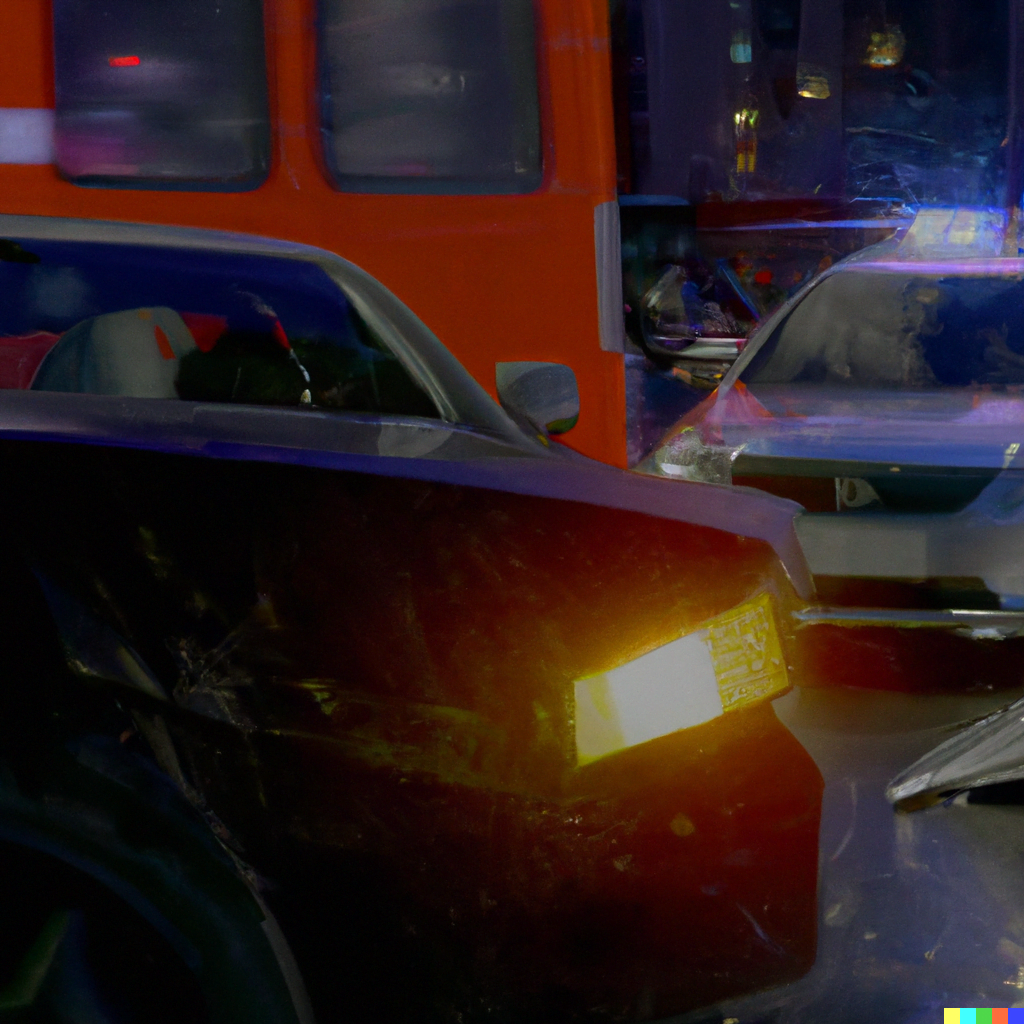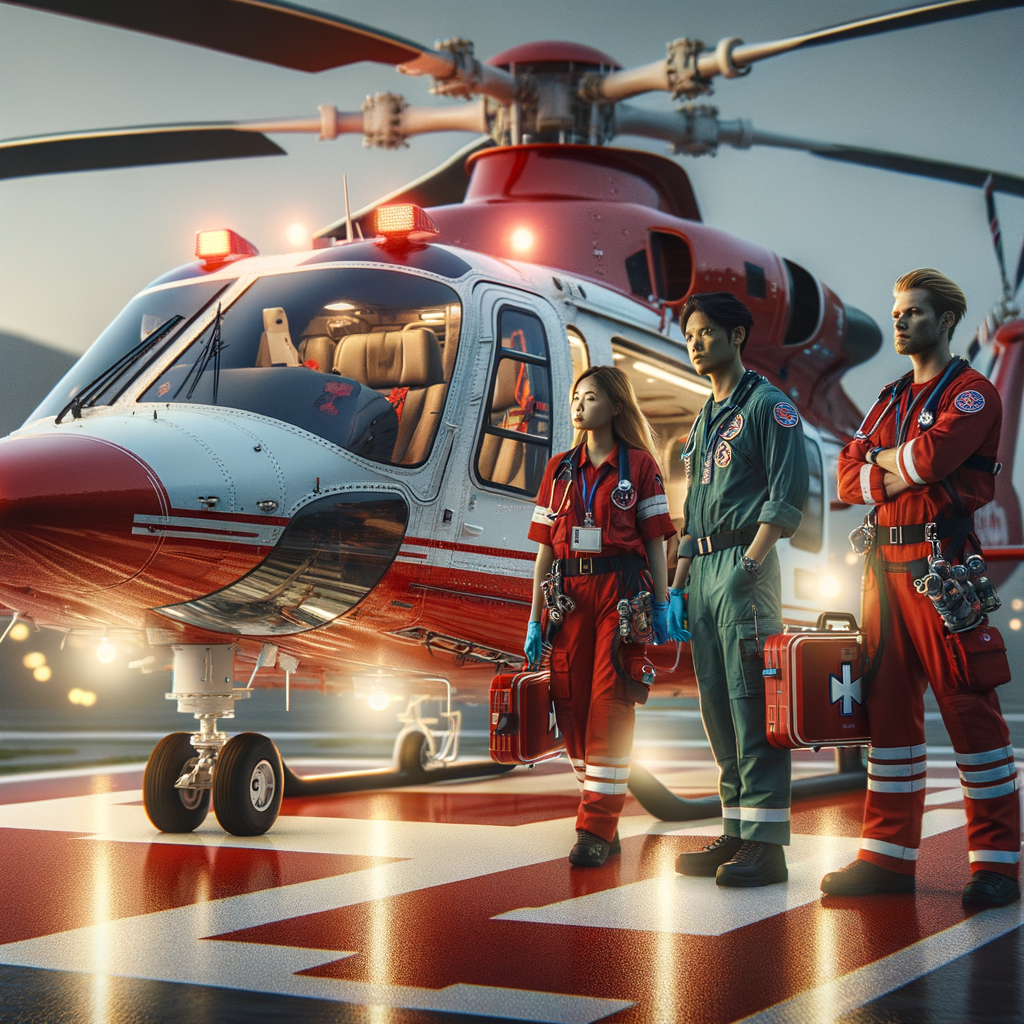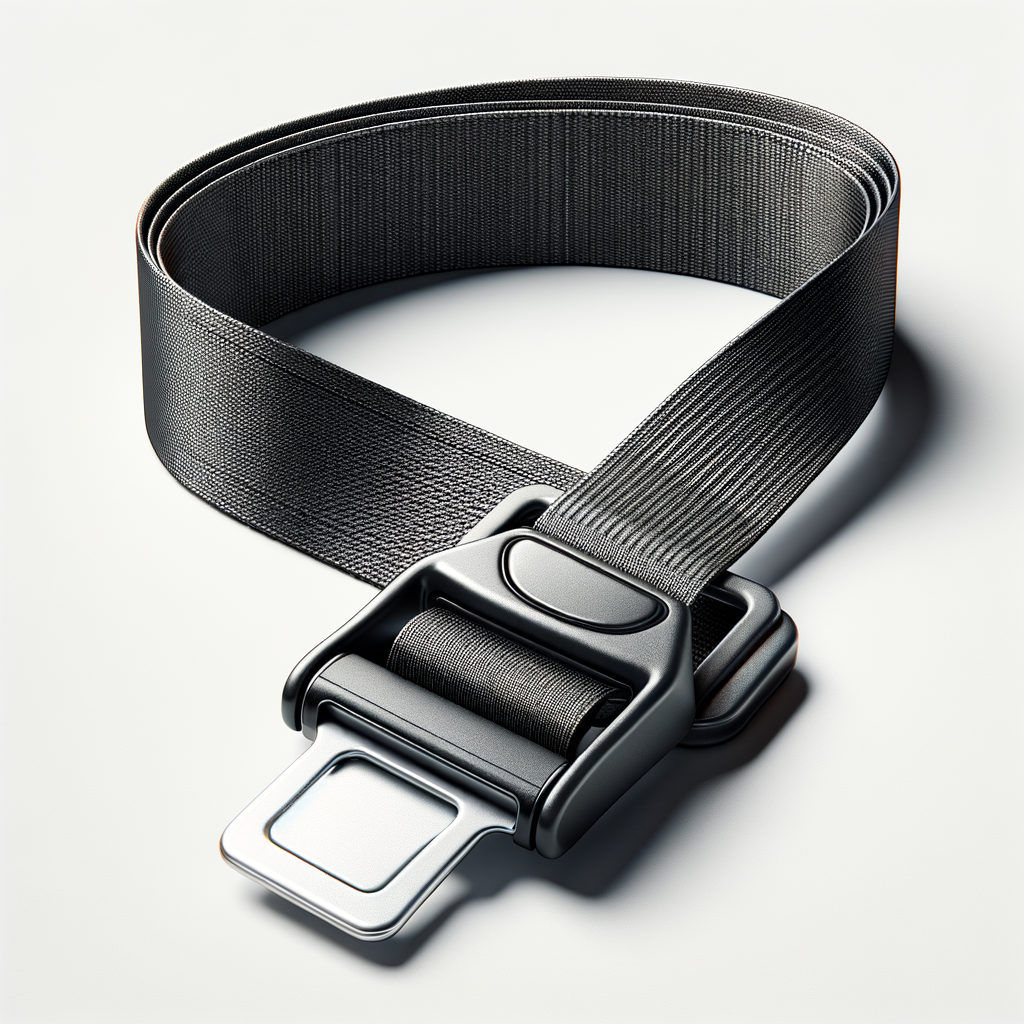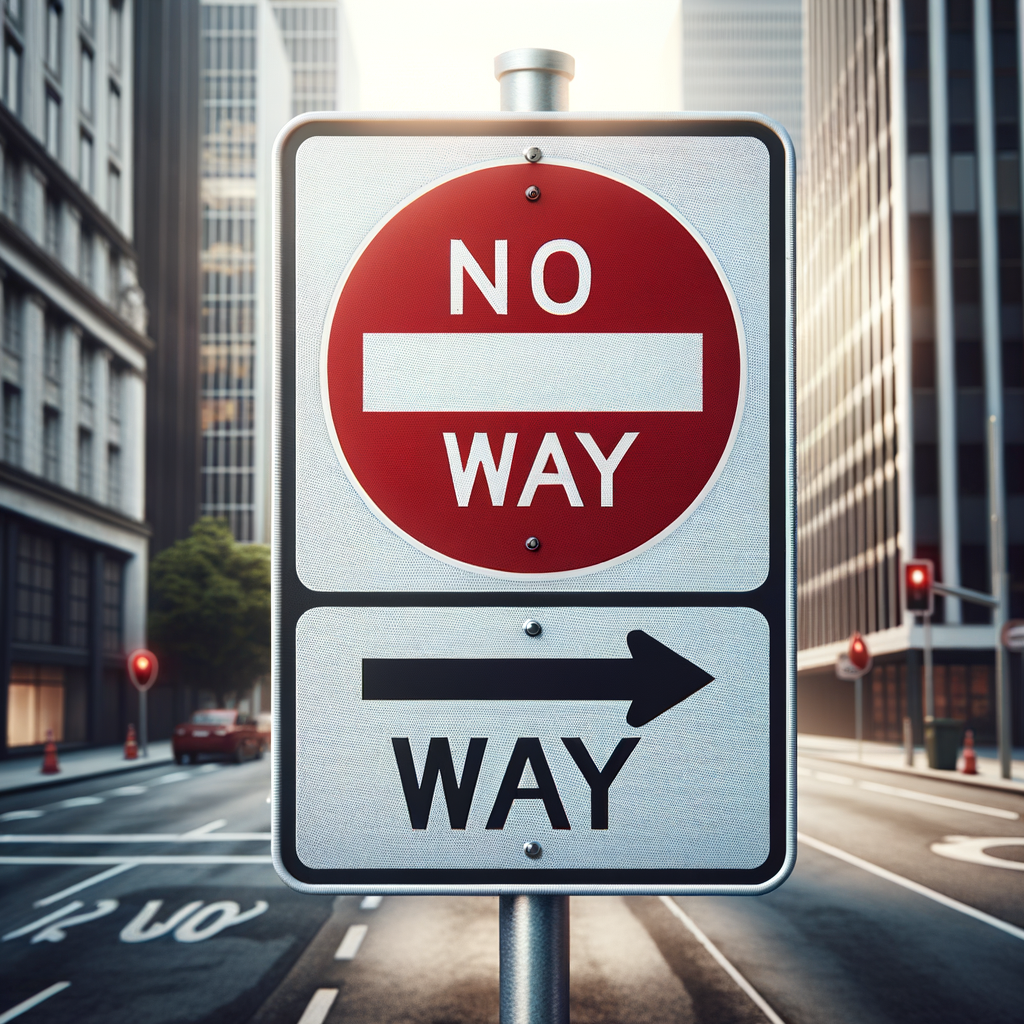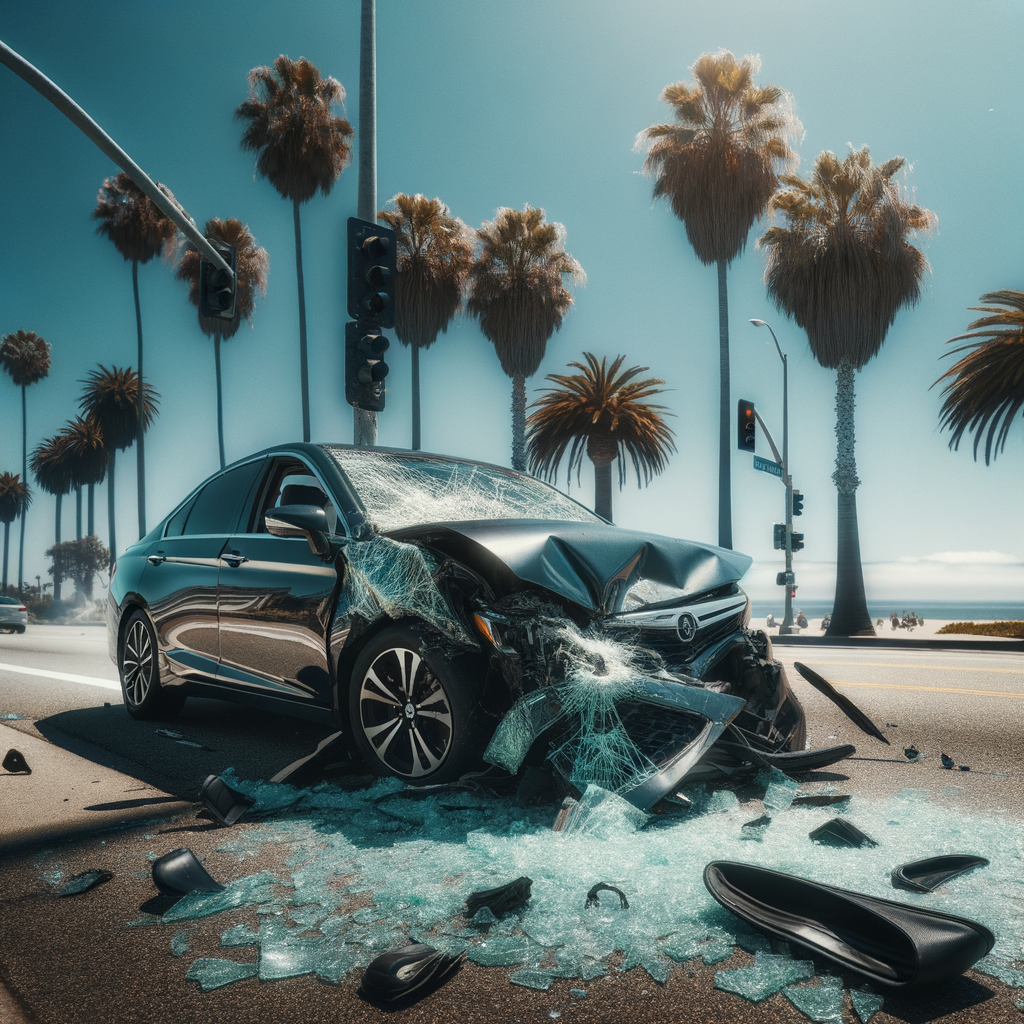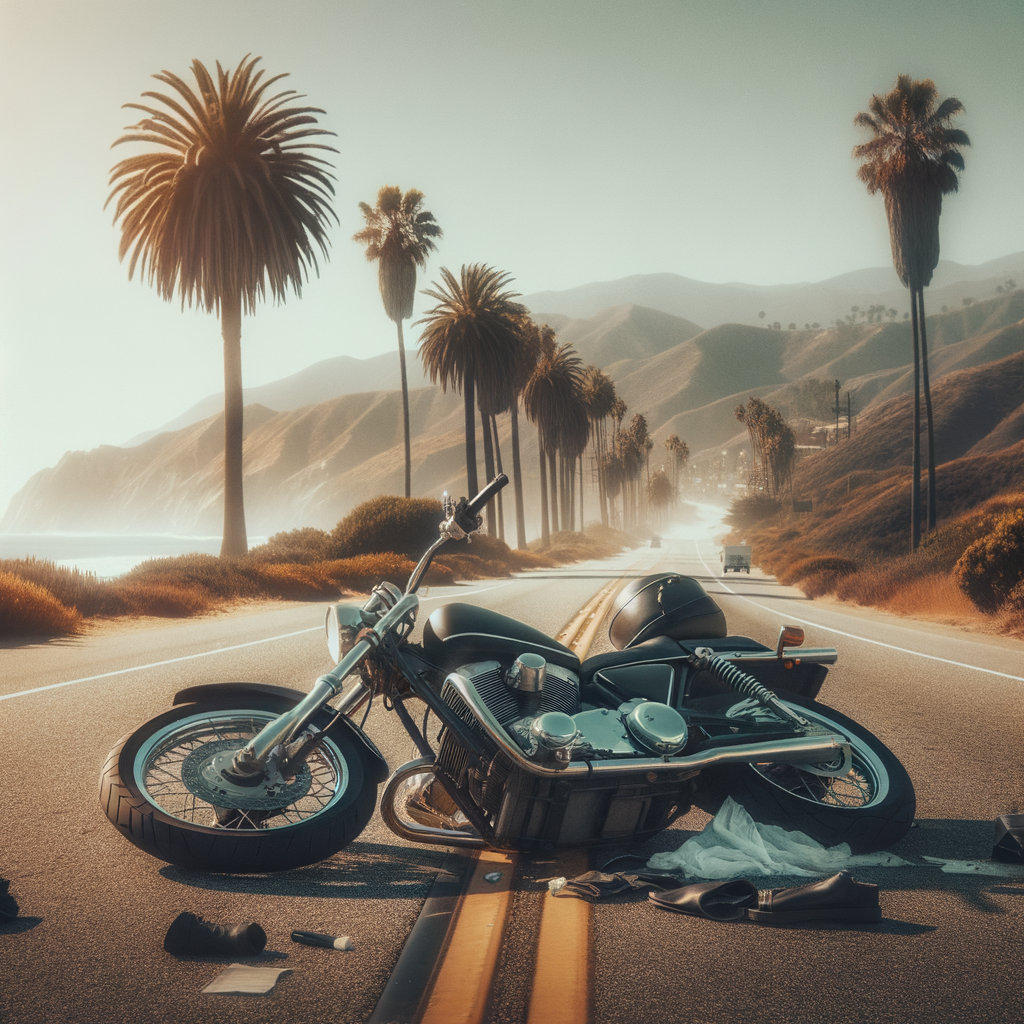A San Francisco politician is accusing autonomous vehicle company Cruise of "telling half-truths" regarding its responsibility in a recent incident where a woman was hit by a human-driven car and then immediately struck by one of its robotaxis.
Previously, the company stated in a statement sent to Forbes and other media outlets that the woman was initially hit on Monday night around 9:30 p.m. by a human-driven car while crossing a busy downtown street. Then, after being thrown into another traffic lane, she was hit by a Cruise autonomous vehicle (AV) which the company claimed "braked sharply to minimize the impact."
However, in an interview with Forbes, San Francisco Supervisor Aaron Peskin now says that while the robotaxi may have attempted to avoid hitting her, the AV "dragged her under the car for about 20 feet, which was the cause of her serious injuries."
The woman, whose identity remains unknown, remains in critical condition, according to Zuckerberg San Francisco General Hospital.
When Forbes specifically asked Cruise about the accusation that the AV "dragged" the woman, causing further injuries, the company said it had nothing more to add.
"We have shared all relevant information with regulators and investigators and are focused on assisting the police in identifying the responsible person, who left the scene," said Hannah Lindow, Cruise spokesperson, in an email. "Our thoughts remain with the injured person, hoping for a quick and full recovery."
Neither the San Francisco Police Department, which is leading an ongoing investigation into the incident, nor the San Francisco Fire Department, which also responded to the scene, provided comments on Peskin's version.
"We cannot confirm or deny what the Supervisor said," said SFPD spokesperson Sergeant Kathryn Winters via email. "This is an open and active investigation, and investigators are reviewing all available evidence to determine the facts of the incident."
The SFPD declined to provide an estimate of when their investigation would be completed.
Captain Justin Schorr, SFFD spokesperson, told Forbes that he was a few blocks away when he received the call and was the first firefighter to see the victim. He described her injuries as "potentially fatal" and "consistent with being hit or run over and trapped under a vehicle."
Since the California Public Utilities Commission's decision in August to allow Cruise and its main rival, Waymo, to offer 24-hour paid services in San Francisco, Cruise vehicles in particular have been involved in several incidents. These include failing to yield to a fire truck on its way to an emergency, getting stuck in wet concrete, causing a traffic jam at a local music festival, and, according to the SFFD, briefly preventing an ambulance from leaving the scene of another accident where the victim ultimately died after being taken to a hospital. (To be clear, the SFFD stated in a release that the agency did not "[attribute] this pedestrian death to the Cruise AV").
Not to mention dozens of smaller disruptive episodes that the SFFD has documented, including blocking fire stations, running over hoses, and not yielding to sirens and loud horns.
Cruise, a subsidiary of General Motors, has ambitious plans to turn its billions of dollars of investment into a profitable business model. According to a McKinsey research published earlier this year, there is the potential to generate hundreds of billions in revenue across the autonomous vehicle industry by 2030.
For now, Cruise only operates in San Francisco, Austin, and Phoenix, but it is currently testing in at least 10 other US cities, including San Diego and Nashville.
"San Francisco is just the beginning for us," said Davide Bacchet, then a distinguished robotics engineer at the company, in a November 2021 marketing video. "And we are ready to expand to other cities and countries. The size of our fleet will grow exponentially."
However, for Supervisor Peskin, this level of confidence raises concerns. He wants Cruise and similar autonomous vehicle companies to adhere to the "highest safety standards."
"San Francisco is in a unique position as the guinea pig and the first testing ground for the implementation of autonomous vehicles, and they will soon be everywhere," he said. "This will not only be a San Francisco problem. This is truly another example of what state and federal regulators and policymakers need to address before these vehicles are deployed in cities across the country."
Originally posted at Liga Legal® Abogados
Targeting Cruise: Shocking Accident Details Revealed by San Francisco Authorities
Topics: Accident Reports
Oct 06th, 2023
